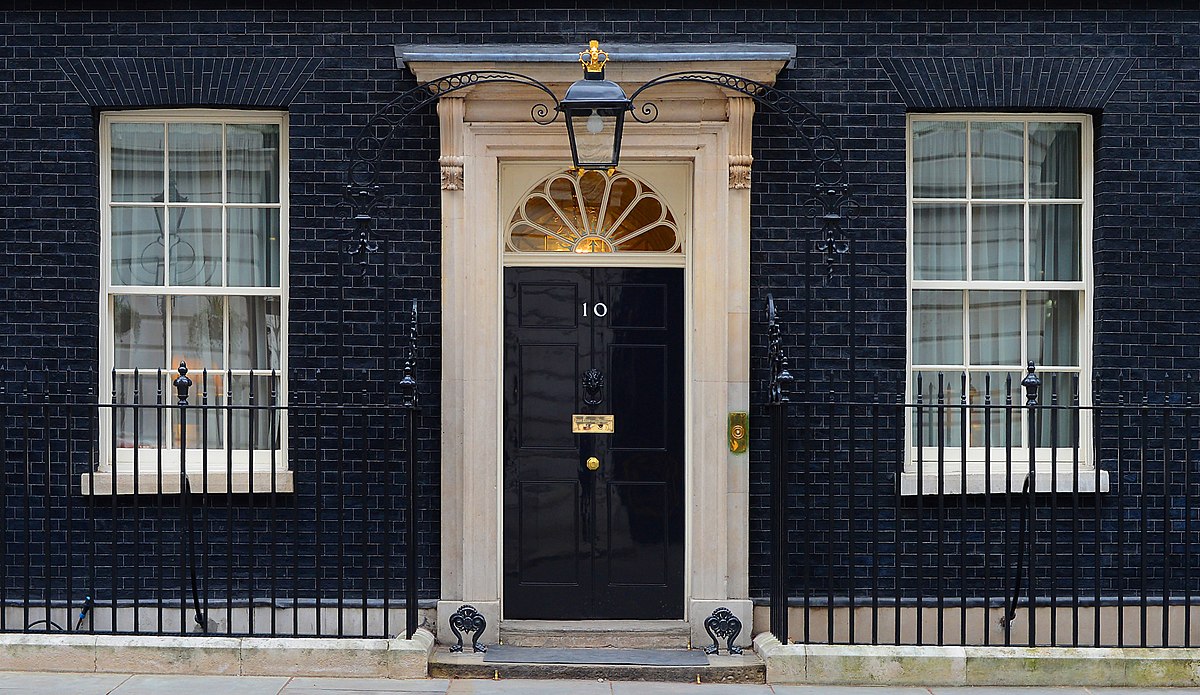Already a subscriber? Make sure to log into your account before viewing this content. You can access your account by hitting the “login” button on the top right corner. Still unable to see the content after signing in? Make sure your card on file is up-to-date.
The new Labour government in the UK has decided to withdraw the previous administration’s challenge to the International Criminal Court’s (ICC) authority to issue arrest warrants for Israeli Prime Minister Benjamin Netanyahu and Defense Minister Yoav Gallant.
What’s the deal: According to Sky News, citing a spokesman for UK Prime Minister Keir Starmer, “the government’s decision neither opposes nor supports the ICC’s case against Mr. Netanyahu.” The spokesman also emphasized, “The government is committed to upholding the rule of law and respecting the separation of powers.”

What the previous government argued: Under former Prime Minister Rishi Sunak, the UK government challenged the ICC’s jurisdiction over Israeli nationals. The challenge was based on the argument that the Oslo Accords preclude Palestinian authorities from prosecuting Israelis, and thus, they cannot transfer jurisdiction to the ICC.
What the previous government argued: Under former Prime Minister Rishi Sunak, the UK government challenged the ICC’s jurisdiction over Israeli nationals. The challenge was based on the argument that the Oslo Accords preclude Palestinian authorities from prosecuting Israelis, and thus, they cannot transfer jurisdiction to the ICC.
What is the ICC investigating?: Since Palestine’s accession to the ICC in 2015, the court has been investigating alleged war crimes committed by both Israeli forces and Palestinian groups. Following the October 7th attack on Israel by Hamas, the prosecutor sought arrest warrants for Israeli officials Benjamin Netanyahu and Yoav Gallant, as well as for Hamas leaders, based on evidence of war crimes.
International Reactions: Israel has strongly condemned the ICC’s actions, calling them politically motivated and biased. The United States has also voiced its disapproval, denouncing the move as “outrageous” and raising concerns about its impact on international relations.






